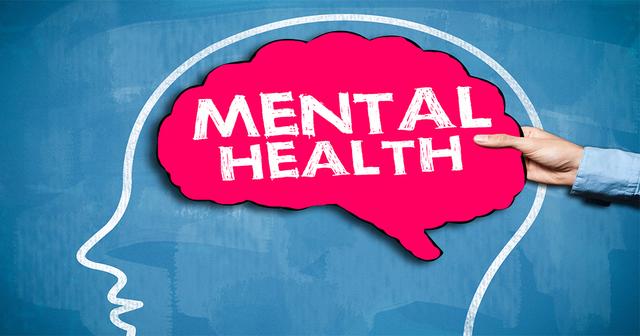Folic acid is not exclusive to pregnant women, in fact, it is a widely applicable vitamin that is equally important for the elderly. It plays multiple roles in maintaining health:
Firstly, folic acid’s contribution to stroke prevention is discussed. Stroke has numerous risk factors, including smoking, high blood pressure, and elevated homocysteine levels confirmed as a major inducer of the disease. Fortunately, folic acid collaborates with vitamin B12 to convert homocysteine into other amino acids, thereby helping to lower its blood concentration, reducing the risk of cardiovascular diseases. Therefore, moderate folic acid supplementation has become an effective measure in preventing strokes.
Secondly, folic acid has shown positive effects in slowing down the progression of dementia in the elderly. It is beneficial not only for infant brain development but also for nourishing the nervous system in the elderly, reducing cognitive decline. Studies indicate that folic acid can alleviate damage to brain blood vessels by harmful substances, greatly benefiting the maintenance of cognitive function in old age.
Furthermore, folic acid is indispensable for alleviating elderly anemia conditions. With age, some elderly individuals face a decline in hematopoietic function leading to anemia. Folic acid, as a key element in blood cell production, when appropriately supplemented, can significantly improve this situation. Of course, folic acid supplementation should be conducted under medical guidance to avoid potential side effects from excessive intake.
In addition, the anticancer properties of folic acid should not be overlooked. It can protect DNA from damage, inhibit cancer gene activity, and prevent cancer occurrence. However, it is worth noting that folic acid intake should be moderate, as excessive intake may reverse its cancer prevention effects.
Aside from folic acid, the elderly should also pay attention to the intake of other nutrients such as iron, zinc, protein, and calcium for maintaining bone health. Increasing the consumption of foods like fish, eggs, dairy products, and legumes in moderation will help supplement these essential nutrients, maintain bodily health, and improve quality of life.
In summary, folic acid plays a significant role in maintaining the health of the elderly, not only preventing strokes, dementia, and alleviating anemia but also potentially reducing the risk of cancer. Therefore, planning a diet sensibly to ensure adequate intake of folic acid and other essential nutrients is crucial in promoting elderly health.


